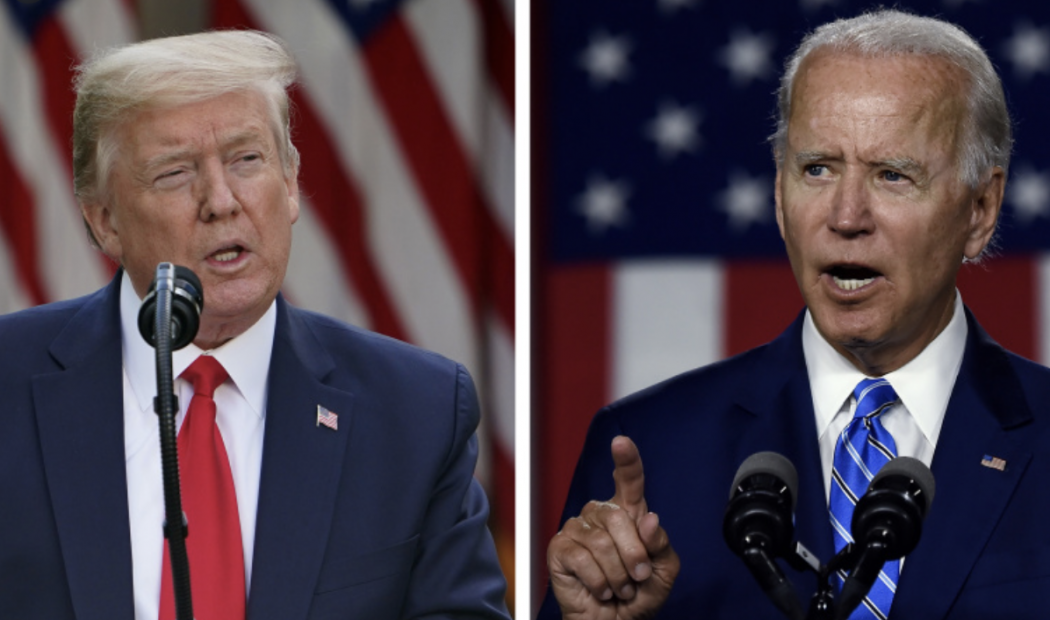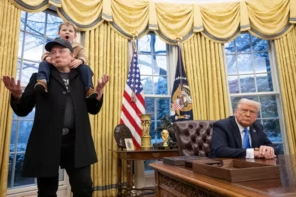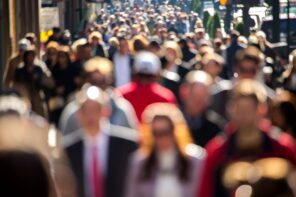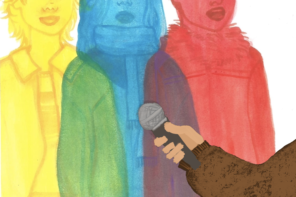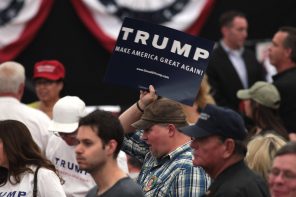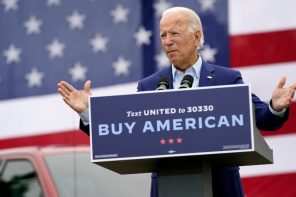With the U.S. election less than 30 days away, students watched as Democratic nominee former Vice President Joe Biden and Republican incumbent President Donald J. Trump went head to head during the first presidential debate last Tuesday, September 29.
Almost 10 percent of McGill’s undergraduate population is made up of American students, and many American McGillians tuned in last Tuesday. The first of three debates, moderated by Fox News anchor Chris Wallace, was marked with frequent interruptions by Trump, as well as Biden calling the former a “clown” and telling him to “shut up man,” according to the Washington Post.
Caroline Fryling, a U2 international development and economics major from Minnesota, has been eagerly anticipating this debate since the outcome of the 2016 election. Yet, Fryling was not impressed, saying “the weight of this election is massive and so much is on the line. We are at a pivotal moment in US history, and that debate was a dumpster fire.” Instead of answers, viewers were presented with what Fryling describes as a “messy, divisive, and uninformative affair.”
For Mackenzie Budman, an economics major from Colorado, the debates had little effect on her. “I knew who I was going to vote for before the debate, and nothing that was said influenced my decision.” Budman, a self-identified Republican, said “the debate was nothing more than ‘hot’ talking points, and not what America needed nor wanted to hear. The United States is a free nation. The dichotomy between presidential candidates who do not even agree on freedom is certainly something that needed to be harped on.”
While the debates had little effect on Budman, they had a profound effect on others, including Lucy Kellar. Kellar, a U3 political science major from Indiana, says that the debates saddened her, and made her consider renouncing her American passport. “It definitely got me browsing on the Canadian Citizenship website, trying to figure out how to apply for permanent residency and citizenship,” Kellar said.
While this debate had no official ‘winner’, CNN correspondent Jake Tapper found that Trump’s personal attacks against Biden and his family reflected poorly and automatically made Biden look better. Throughout all the chaos of the debate, one thing was made clear to McGill’s American students: the American people have an important decision to make on November 3.
“This election, like every election, is important,” says Brent Jamsa, an American student from Maryland. “I believe Trump has actively worked to dismantle American democracy as we know it and that he needs to be thrown out of office.”
Jamsa is involved with Democrats Abroad, a student organization at McGill that organizes phone banks and helps register American voters studying abroad. His disappointment with Tuesday’s debate only fueled his fears about the future of the country. “I fear that if we don’t kick Trump out now, it’ll be too late,” Jamsa said.
Kellar and Fryling are both hopeful that Wednesday’s Vice-Presidential debate featuring Democratic nominee Senator Kamala Harris and Republican incumbent Mike Pence will be a more civilized and coherent event focused on policy and legislation. Kellar remarks, “While I do not respect Pence one bit, I think it will be a much more civil debate, and I’m excited to learn more about what Senator Harris hopes to enact in our country.”
Budman on the other hand, declared there is nothing she has interest in for the next debate. “This election is a referendum on Americanism. It has very little to do with policy prescriptions, as President Trump has not fallen in line with a plethora of Classical Conservative tenets, rather this election distinguishes between those people who cherish our nation and those who seek total reconstruction.”
The Vice Presidential debate will be on October 7, held in Salt Lake City Utah at 9 PM EST.

